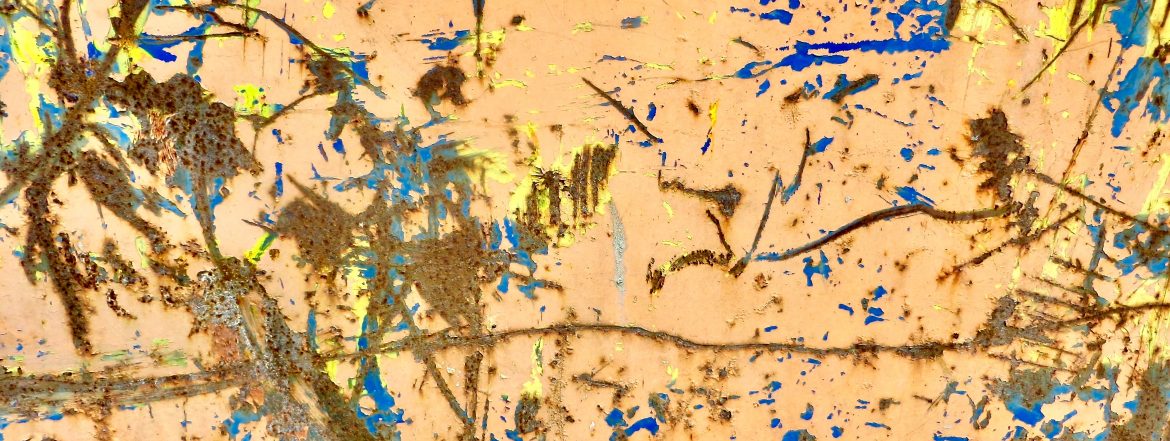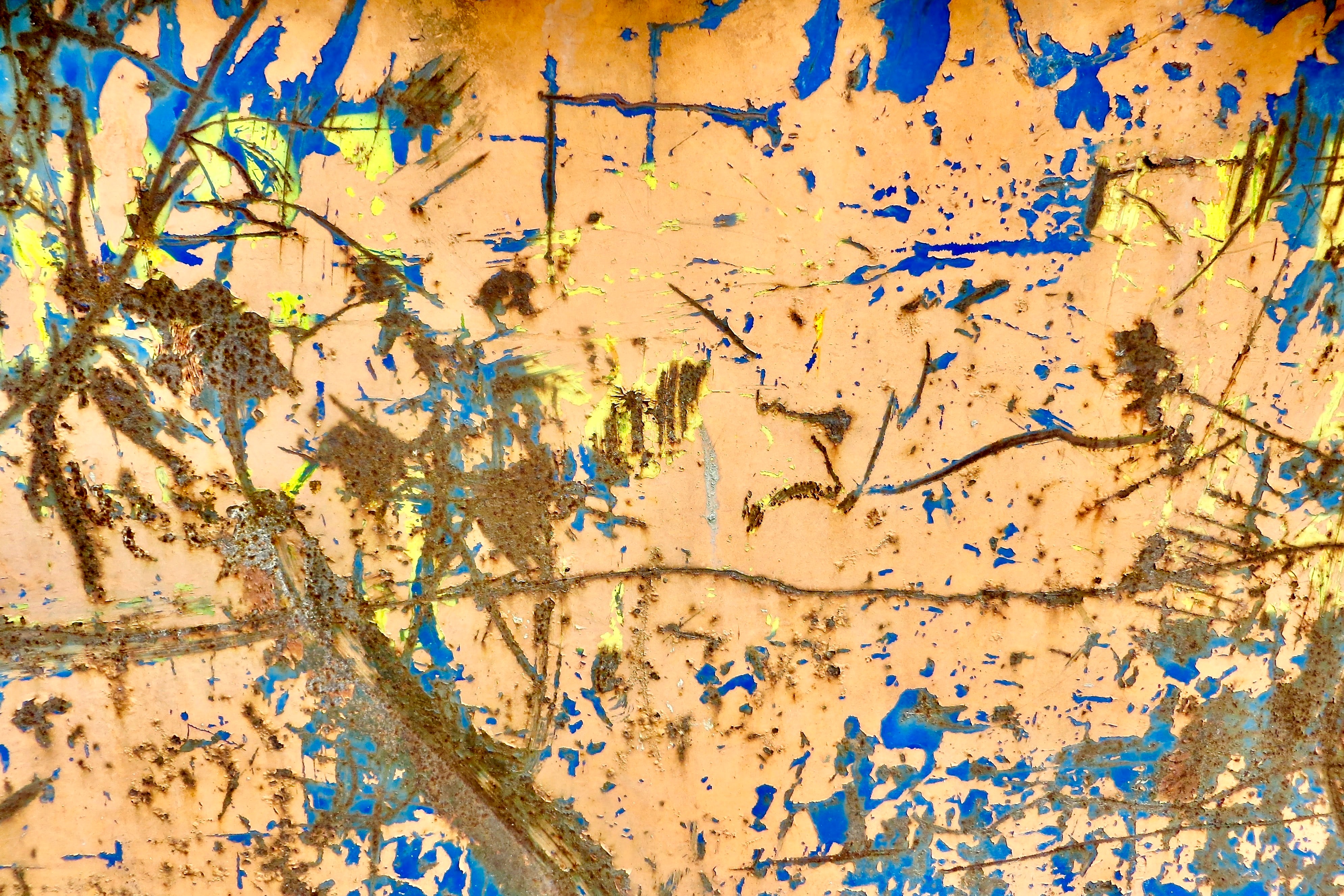UCHRI Announces 2021-22 White Scholarship in Medicine and Humanities Recipients
UCHRI is pleased to announce the two winners of the 2021-22 Andrew Vincent White and Florence Wales White Graduate Student Scholarship in medicine and humanities. These two graduate students were selected from an extremely competitive systemwide pool of applicants, and their work represents UC’s cross-disciplinary excellence in medicine and the humanities.
That “Greater Passivity”: Refusal of Global Health Care and Dispositions Towards Life in Kono District, Sierra Leone
Raphael Frankfurter, Medical Anthropology, UC San Francisco
This project is an ethnography of people’s dispositions towards life, death, and care in Kono District, Sierra Leone, as made visible through their refusals of global health care. Kono, with its high mortality rates and impoverished healthcare system, has been a ground zero for evolving phases of humanitarian global health. But as infrastructures of care targeting specific patient populations have come and gone, the question: Why are patients not seeking out care, even when it is available?” has recurred. This dissertation follows patients across different moments of global health concern—war survivors and pregnant women, chronic disease patients, and those suffering from Ebola—as they seek out and then withdraw from the healthcare system. It explores a collective disposition of skepticism towards care as emergent from people’s everyday encounters with postcolonial politics and their entanglements with fleeting but often-vacuous regimes of humanitarian care. Drawing on anthropological work on contemporary regimes of biopolitics, public health, humanitarianism and care, but also on postcolonial theory, Sierra Leonean history, contemporary West African literature, and affect theory, it argues for an ethnographic approach attentive to the everyday affects (rather than the “rational-choices”) that coalesce as refusals of care.
Digesting the Empire: Embodying Life beyond Militarized Circulations across the Pacific
Eunice Lee, Literature, UC San Diego
This dissertation argues that people in and around the Pacific Ocean both physically and metaphorically digest circulated waste materials to survive beyond the dispossession and slow violence of the US empire and its military in the modern era. Focusing on two matters—meatpacking byproducts and radioactive materials—it traces the ideological foundation for medical research and imperial expansion and its incommensurability with indigenous and diasporic communities’ worldviews and ways of life. It argues, on one hand, that medical discourses, such as obesity research and radiation dosimetry, pathologize racialized and gendered bodies as disposable and fragmentable parts. On the other hand, literary and cultural texts of survival discursively digest and resist the empire’s pollutant matters. They conceptualize a broader and more entangled sense of the “body” by imagining a future different from current forms of imperial exploitation, displacement and dispossession through medicine. Through the concept of digestion—which the author theorizes as constant interactions that fold the environment into the body and resist clear demarcations of the body from its surroundings—this work explores the links between knowledge, the body and the surrounding environment.


